AI6 Brings Tesla Closer to Driverless Cars
Samsung Electronics has officially signed a multi-year contract worth $16.5 billion with Tesla to produce AI chips at a new factory in Taylor, Texas (USA). The contract, which lasts until 2033, marks an important step for both technology giants - in which Tesla will have in hand the next-generation chip called AI6, the foundation for the Full Self-Driving (FSD) system and the Optimus humanoid robot line.

Billionaire Elon Musk's post about cooperation with Samsung in producing AI6 chips on social network X. (Screenshot)
Billionaire Elon Musk said AI6 has exaflop processing power – roughly equivalent to the processing speed of the human brain, allowing autonomous vehicles to make decisions almost instantly. Although mass production of this chip is at least two years away, AI6 is considered the “trump card” in Tesla’s plan to commercialize driverless cars (robotaxi) by 2027, with the expectation of accounting for 30% of total sales.
However, Elon Musk also frankly acknowledged the challenges ahead: The current FSD system still requires driver supervision; robotaxi tests in Austin have been criticized for unstable operation; and the transition between chip generations from AI4 to AI5 to AI6 will cause many difficulties when upgrading old cars.
The global AI chip market is forecast to grow from $52.9 billion in 2024 to $295.6 billion in 2030, at an impressive 33.2% annual growth rate. In this technology race, AI6 can help Tesla take the lead in terms of self-driving capabilities and user data.
Samsung reaffirms its position
With its multi-billion dollar AI chip deal, Tesla is betting not only on technology, but also on a more sustainable and diversified supply chain. The move from its old partner TSMC (Taiwan) to Samsung is considered a geopolitical risk hedging strategy, especially in the context of tensions in the Taiwan Strait and the global chip shortage that has not completely cooled down.
Samsung is attractive thanks to its advanced 2nm GAA chip manufacturing technology with a production rate of over 40%. Co-developing the chip manufacturing process with Tesla also represents a step towards vertical integration, allowing Tesla to be more proactive in designing and controlling the quality of chips – core components for smart cars and robots.
For Samsung, this is a vital contract for its struggling foundry business. In the first quarter of 2025, Samsung's foundry market share dropped to just 7.7% - too small compared to TSMC's 67.6%. The deal with Tesla is considered a "lifesaver", helping Samsung expand its factory scale from 2026. Samsung shares jumped 6.8% after the information was announced - the highest level since September last year.
Notably, the deal is backed by both the US and South Korean governments . Samsung could receive up to $9 billion in funding and tax incentives under the CHIPS & Science Act to operate the Texas plant – part of an effort to bring semiconductor manufacturing back to the US. At the same time, the Tesla deal also reinforces South Korea’s $450 billion “K-Semiconductor Strategy”, with ambitions to become a leading power in AI chips.
Source: https://vtcnews.vn/thoa-thuan-16-5-ty-usd-giua-tesla-va-samsung-buoc-ngoat-cho-giac-mo-xe-tu-lai-ar957052.html



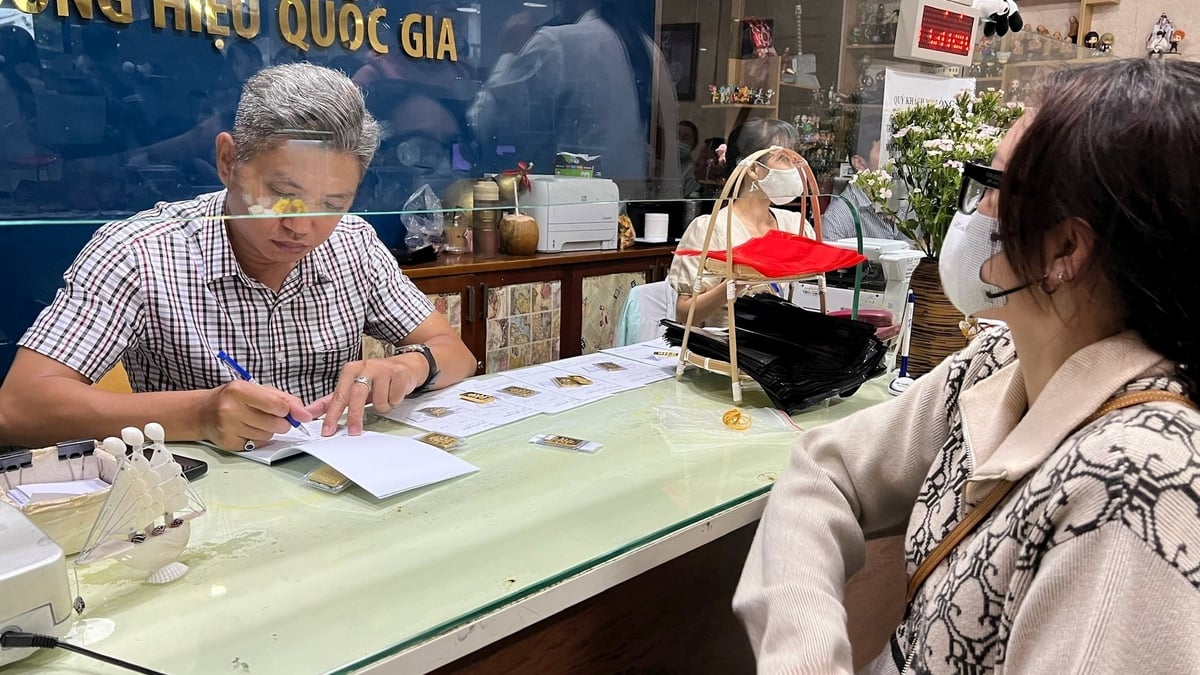

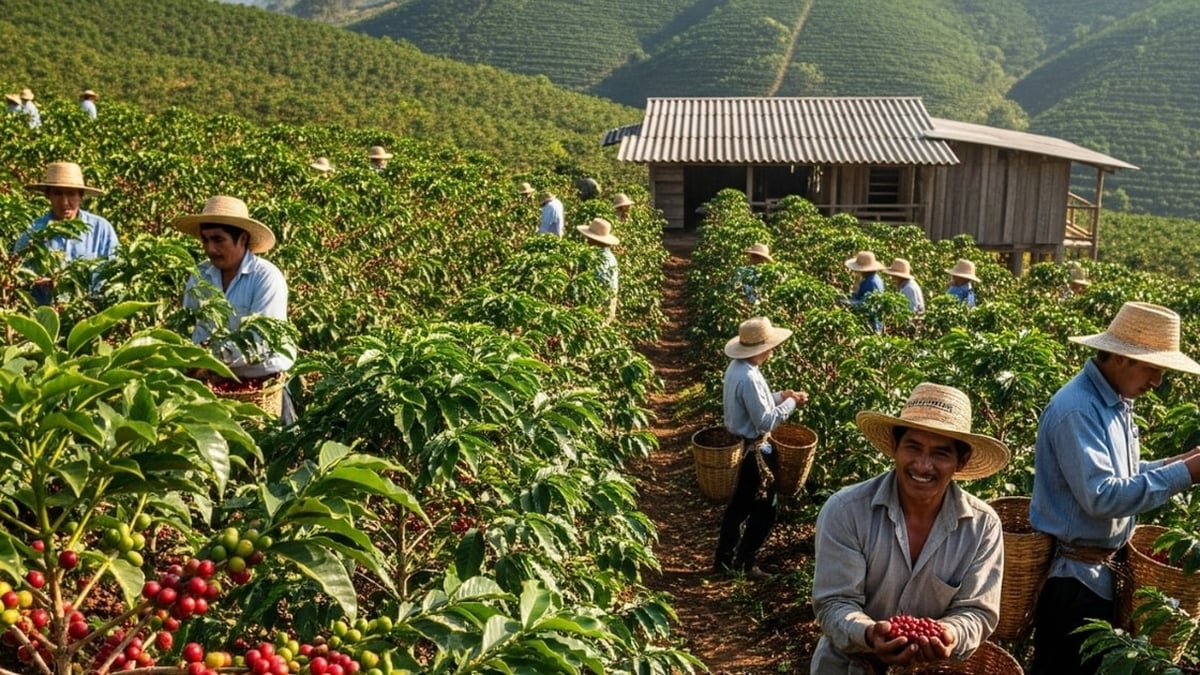
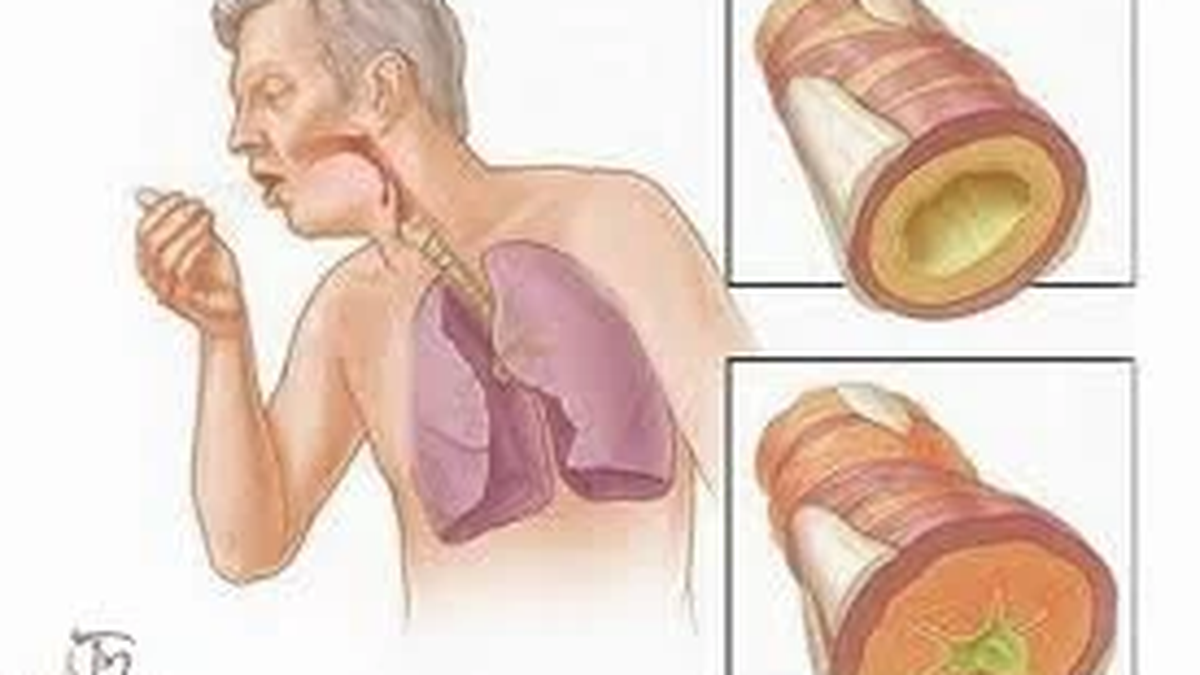
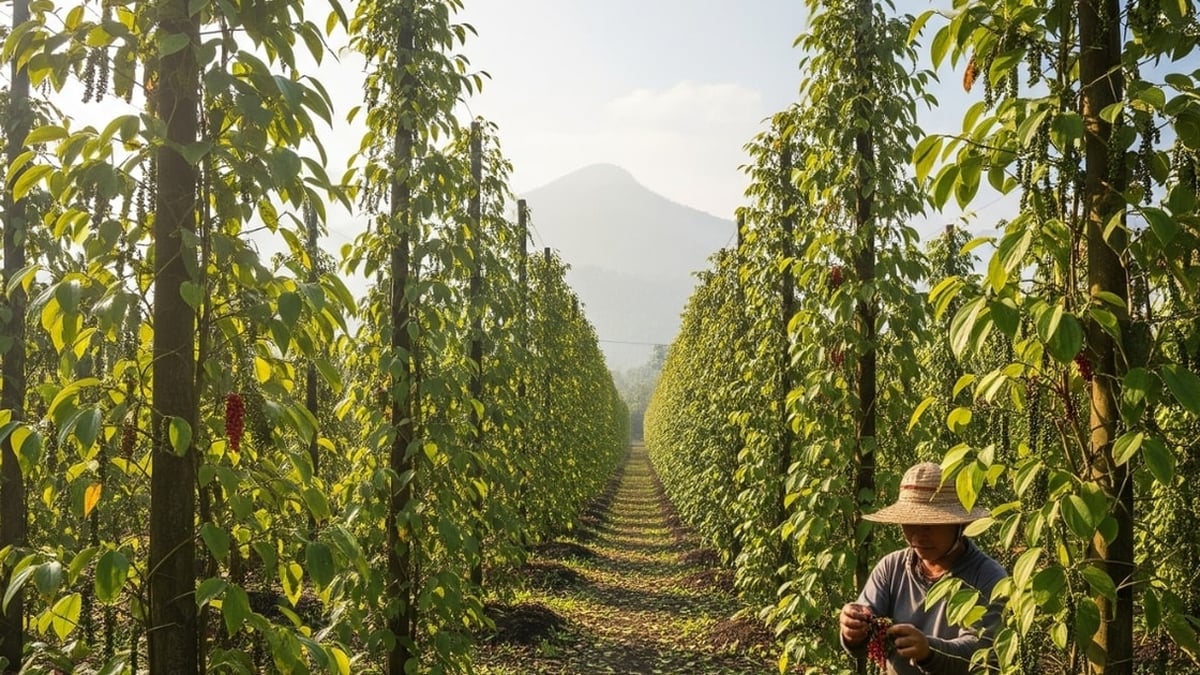



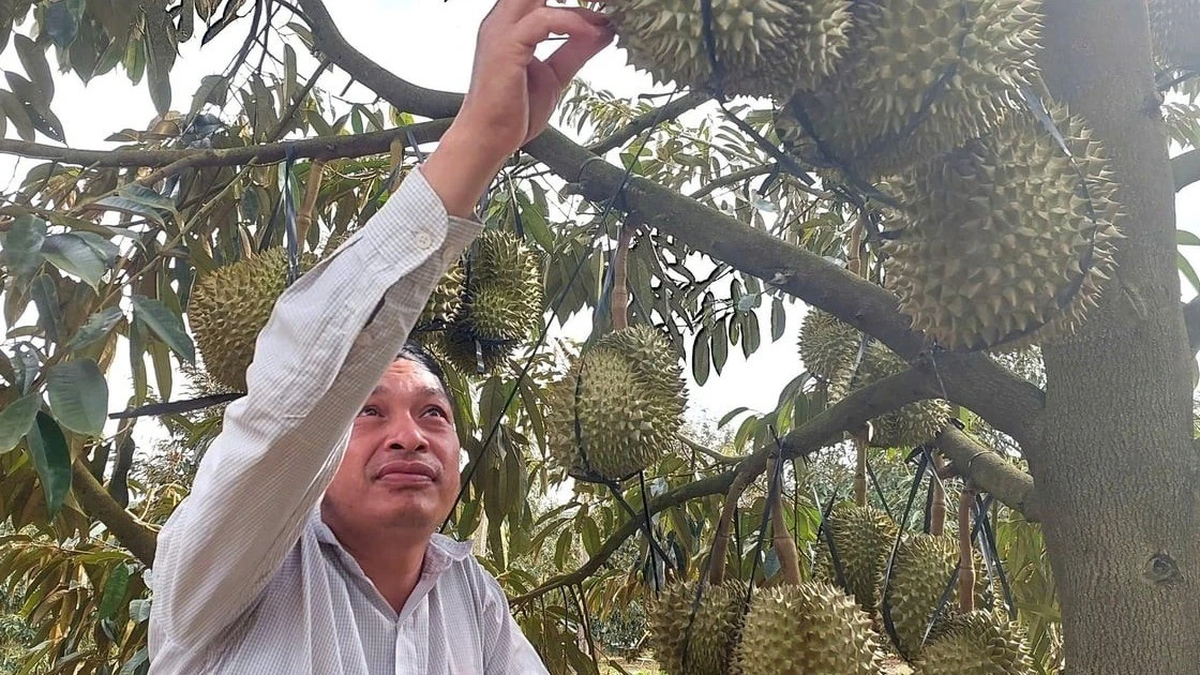



































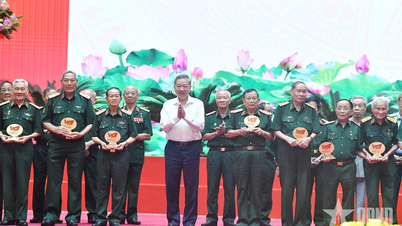



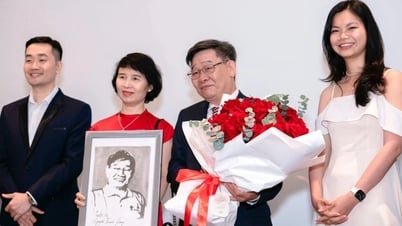
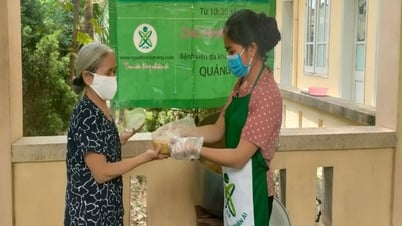


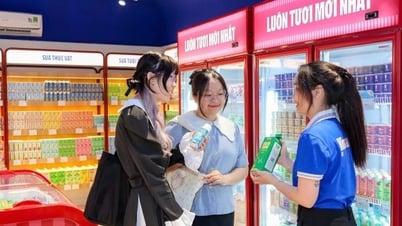
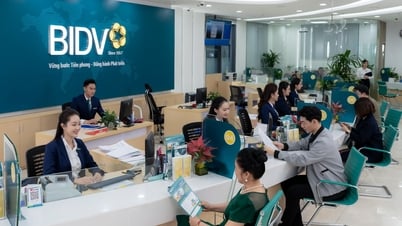

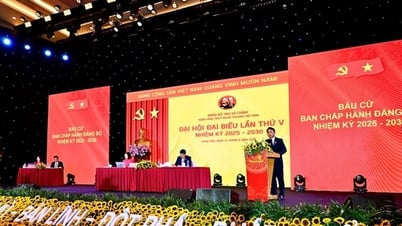
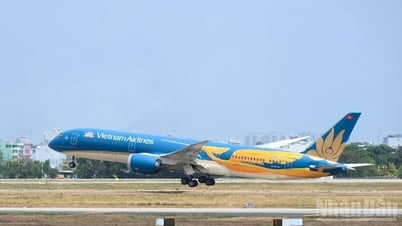
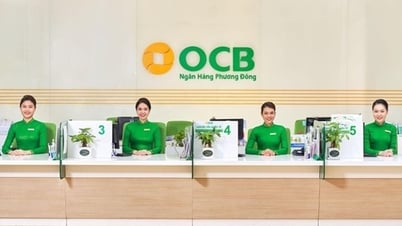




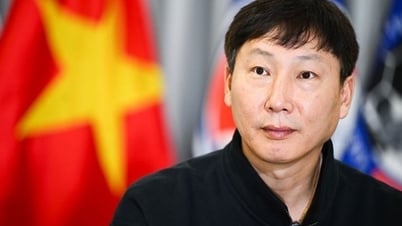


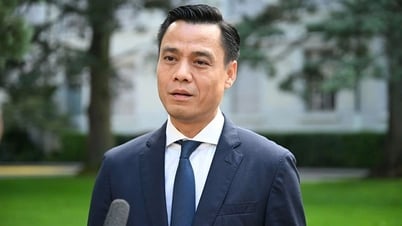


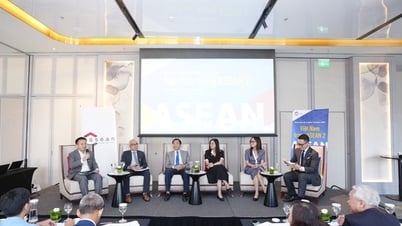

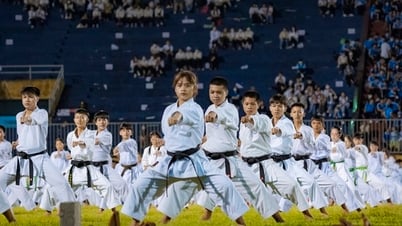
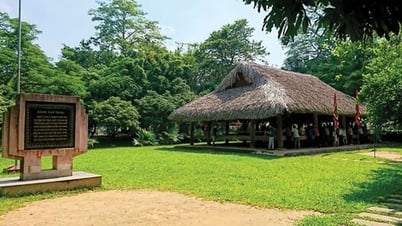
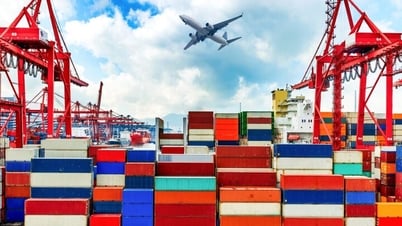

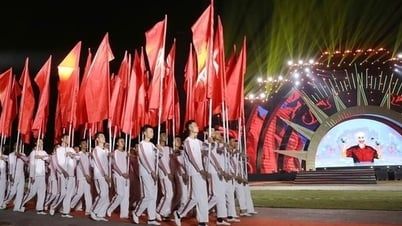








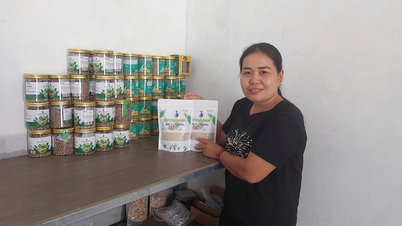










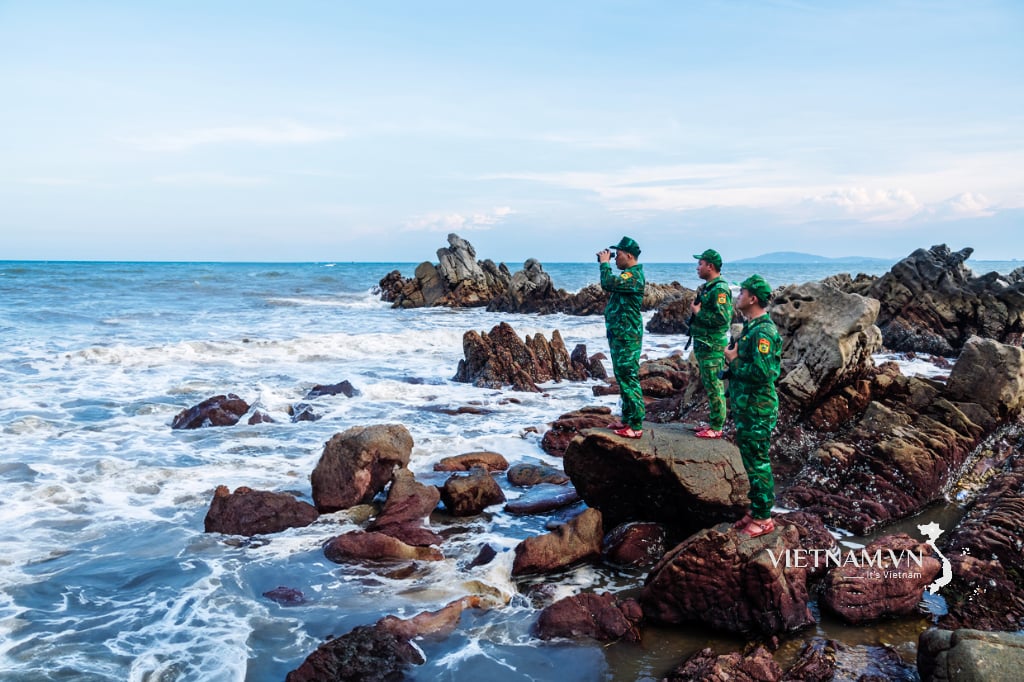
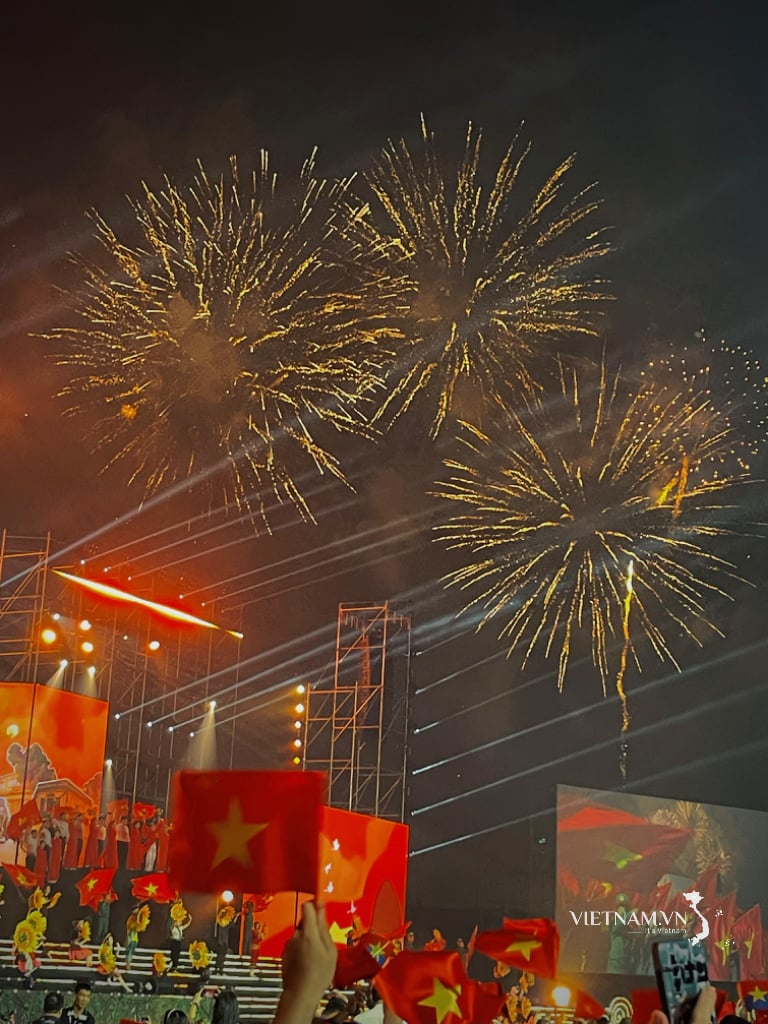


Comment (0)